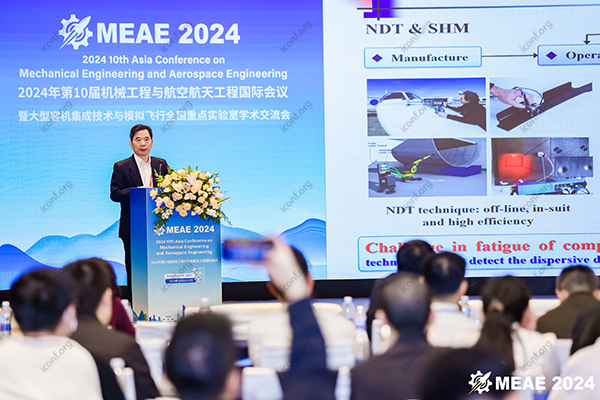Researchers in mathematics and physics are invited to submit original work in 2025 across a spectrum of topics—from pure algebra and computational methods to quantum theory and applied physics modeling. Calls for papers cover areas such as mathematical foundations, algorithmic developments, sampling and operator theory, physical modeling in nuclear science, and theory of learning. Publishing in peer-reviewed proceedings advances your academic profile and fosters global collaboration.

Advance Theoretical Foundations
Present breakthroughs in areas like algebraic combinatorics, program semantics, or logic that shape the mathematics discipline.
Drive Computational Applications
Share novel numerical methods, sustainability-driven computational algorithms, or mathematical models for engineering and scientific problems.
Bridge Theory and Practice
Demonstrate intersections of mathematical concepts with physical systems—such as quantum computation, signal processing, and operator theory.
Build Interdisciplinary Networks
Engage with scholars in computer science, statistics, and engineering to tackle complex real-world challenges.
Algebraic Combinatorics
Foundations of Mathematical Logic and Semantics
Algorithmic Methods and Complexity
Sustainable and Green Computational Models
Theoretical Machine Learning and Statistical Learning Theory
Sampling Theory and Signal Reconstruction
Operator Theory with Applications in Physics and Engineering
Mathematical Methods in Nuclear Science and Engineering
Quantum Information and Computation Theory
Modeling of Physical Systems Using Advanced Mathematical Frameworks
A centralized academic conference platform aggregates Calls for Papers by discipline. To select the right venue:
Filter by Subject Area
Choose either “Mathematics” or “Physics” to view relevant CFPs in your subfield.
Review Deadlines
Track abstract submission and full-paper deadlines in one interface.
Check Submission Requirements
Confirm formatting templates, citation styles, and length restrictions.
Ensure Academic Rigor
Verify that the conference or journal is peer-reviewed and recognized by your community.
Use this approach to efficiently navigate multiple calls and prepare your manuscript for submission.
Match the CFP Scope
Ensure your topic aligns closely with the stated themes and keywords.
Craft a Precise Abstract
Summarize objectives, methods, results, and implications in 250–300 words.
Follow Structured Formatting
Use the IMRaD or equivalent format for clear organization.
Include High-Quality Visuals
Integrate well-labeled figures, diagrams, or equations to support complex arguments.
Proofread and Seek Feedback
Solicit peer input and consider professional editing to refine clarity and rigor.
Publishing in mathematics and physics conferences drives innovation and collaboration. Prepare your manuscript today and locate the right 2025 call for papers through a comprehensive academic CFP platform.